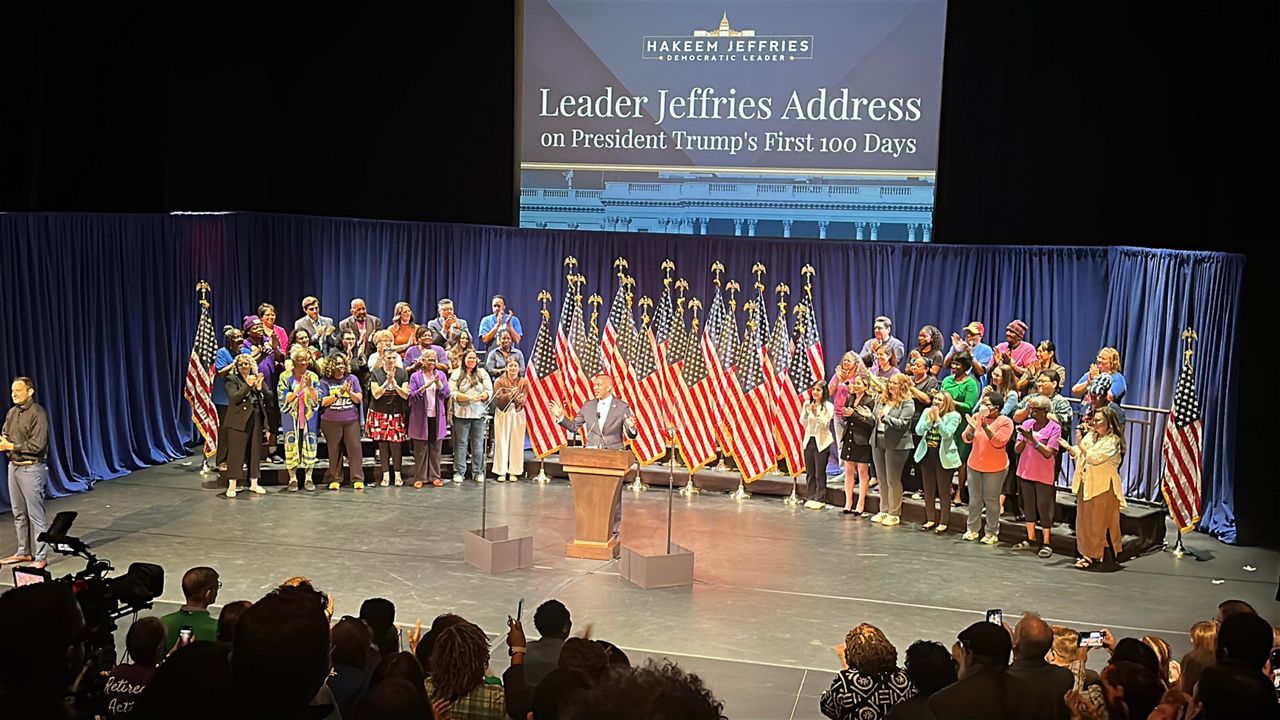Rep. Brian Higgins’ announcement that he will be resigning from Congress came with tough words about the state of politics in Washington — and why it may not get better soon.
“We're at the beginning of a bad trend, not the end of one,” he told reporters Sunday.
“Congress is not the institution I went to 19 years ago. It’s a very different place today,” he continued. “We're spending more time doing less, and the American people aren't being served.”
Higgins, a Buffalo Democrat, was first elected to the U.S. House in 2004, and will have served nearly two decades when he steps down in February.
The news of his pending departure came after a chaotic year in Washington, where House Republicans struggled to pick a speaker — not once, but twice — and where protracted fights over just keeping the government open have been the norm.
“Everything's zero sum. For somebody to win, somebody has to lose,” Higgins said. “That is not the tradition of this country.”
Casey Burgat, who heads the legislative affairs program at The George Washington University, says this sort of discord is decades in the making, fueled in part, he said, by a media environment that profits off chaos and congressional maps with few of the competitive districts that can encourage lawmakers to work across the aisle.
“All of the trends, all of the incentive structures here are pointing to a more polarized era, which will lead to just more volume, more chaos, more dysfunction on a day-to-day governing level,” Burgat said.
It is not unusual to see a rush of retirement announcements at this time in a congressional cycle. However, Burgat said, what is notable is who is leaving: lawmakers he described as “institutionalists.”
“People that are committed to the institution, whether they're in the majority or in the minority. People that see this Congress as an instrument of good rather than an instrument of politics,” he said.
Asked what his advice is for whoever replaces him, Higgins said they should not lose sight of the community they represent in Buffalo. Getting immersed in the Washington culture, he said, is not healthy.






_DNT_911_Air_Quality_Investigation_CLEAN_130267847_2447)


